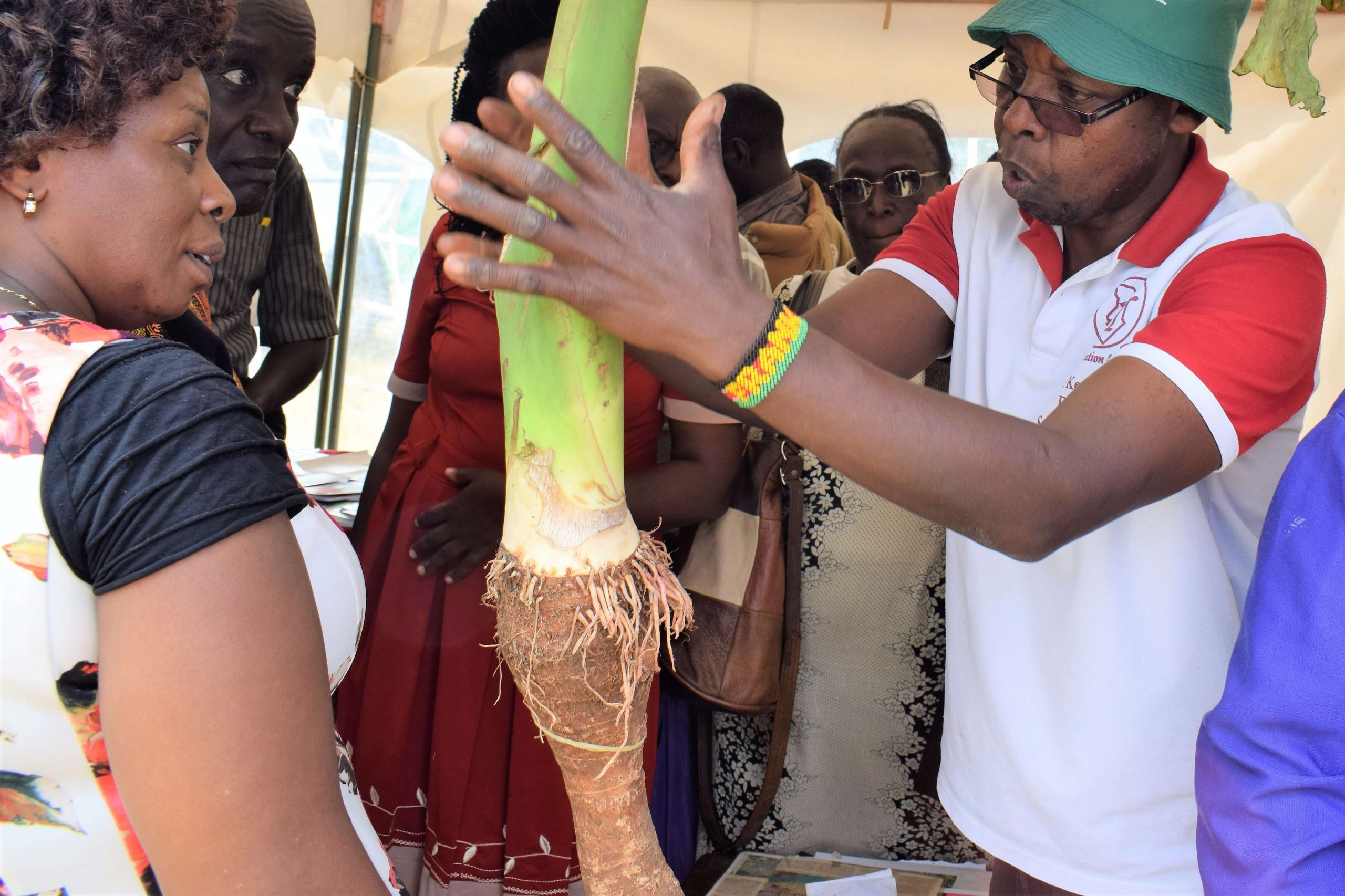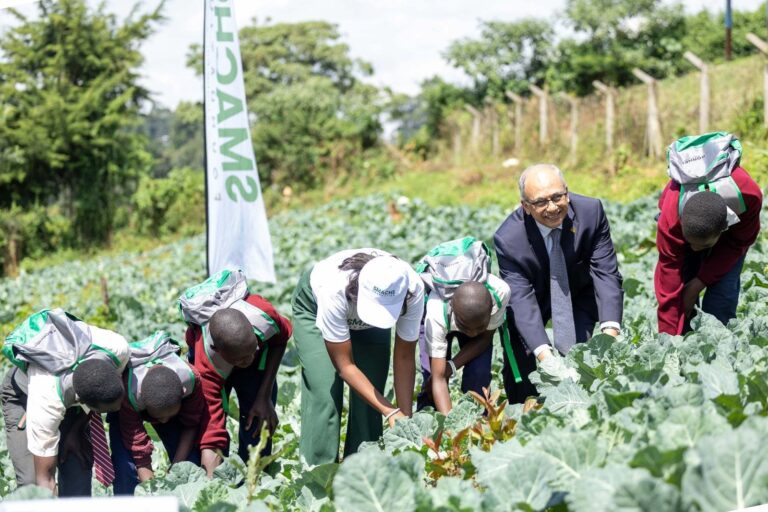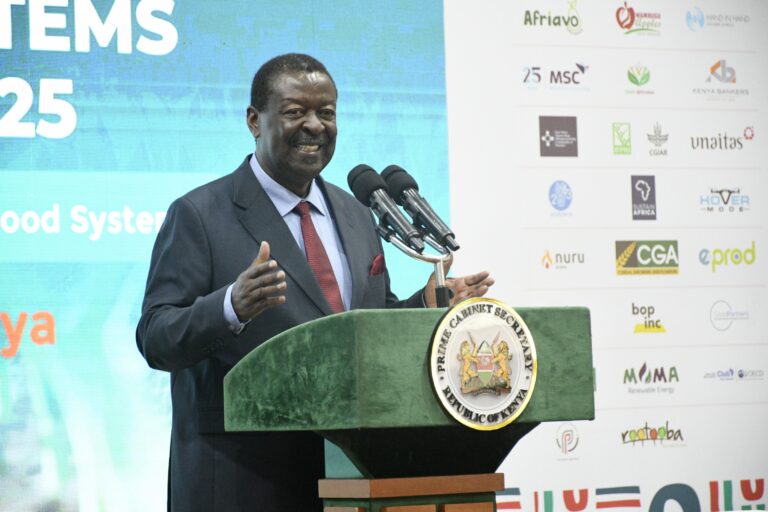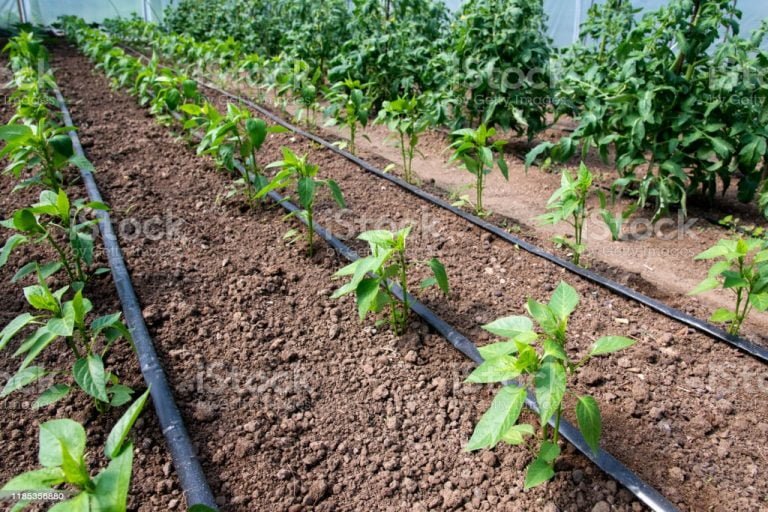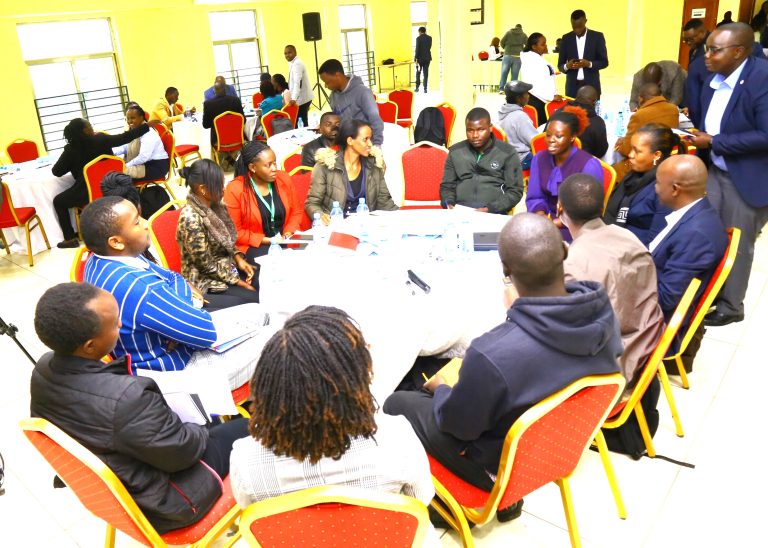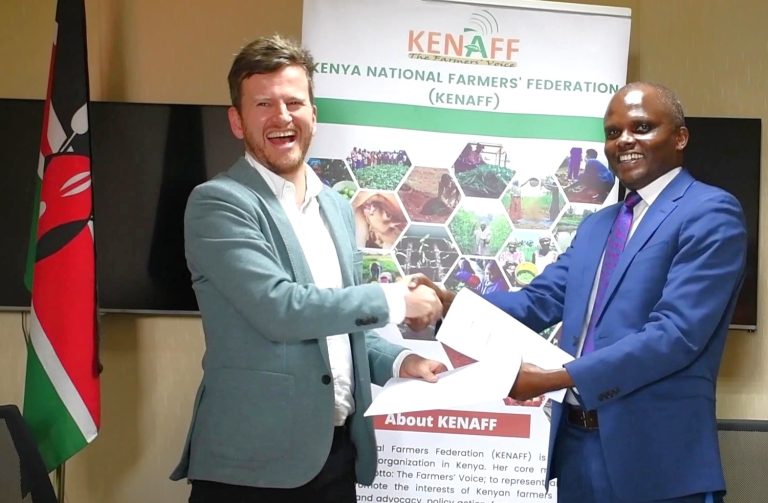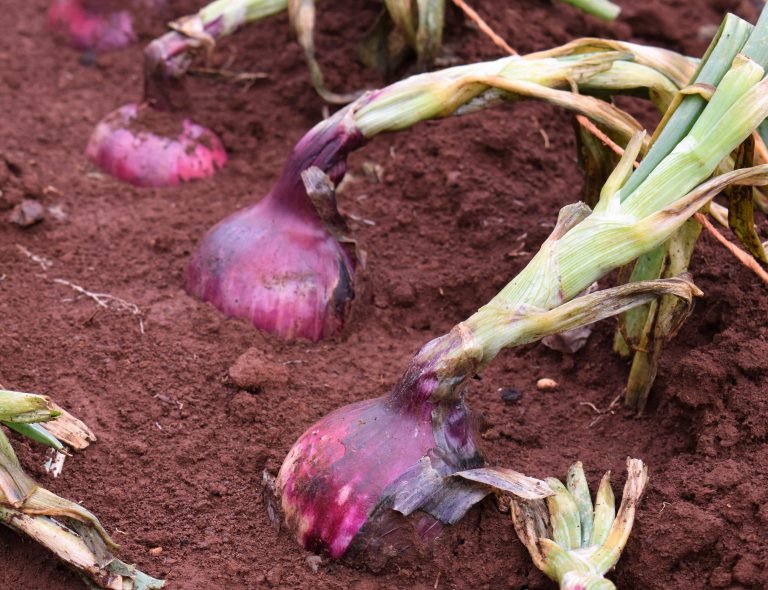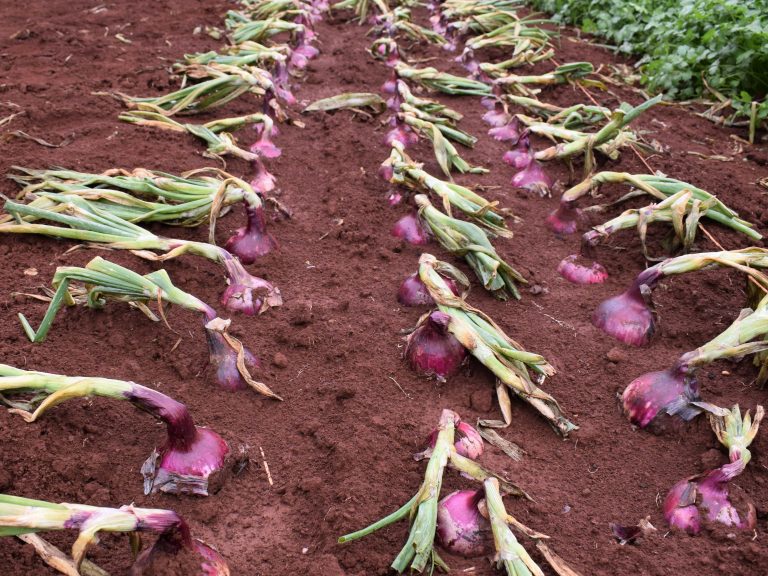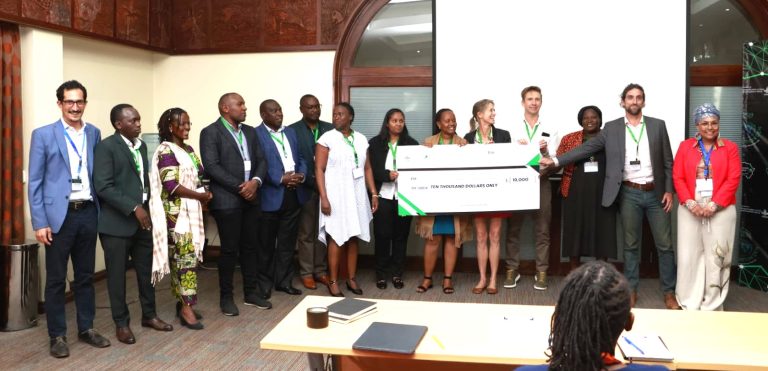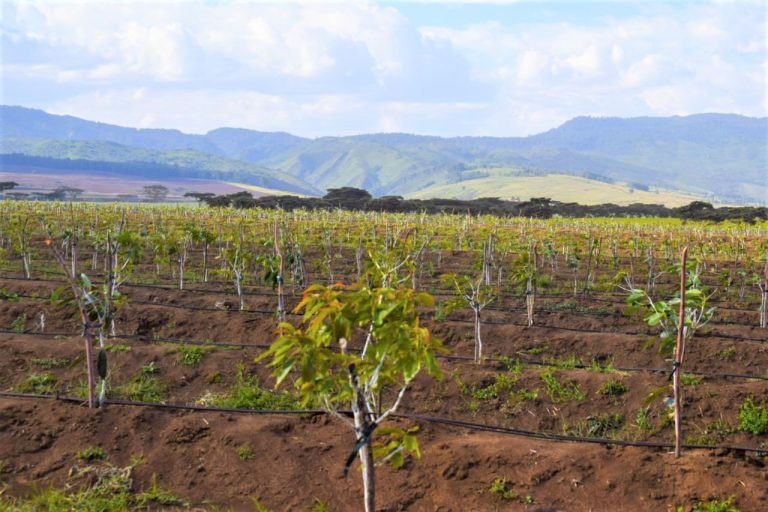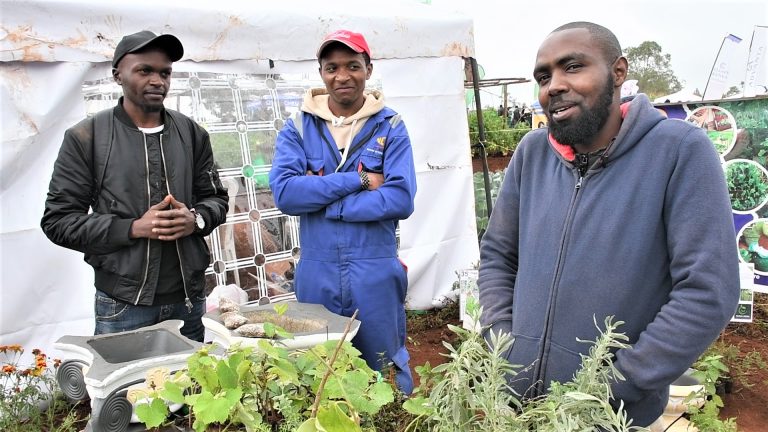Dry land arrow roots have become a specialty and a good income earner for a teacher in Ndundori Center, Nakuru County. Francis Maathai shuffles from the classroom to his Modern Tech Nurseries making sure there is enough planting material for his clients. The teacher first learnt about the dry land arrow root variety in 2017 and since then, he has been raising hundreds of planting materials after people got interested when they saw some he had planted.
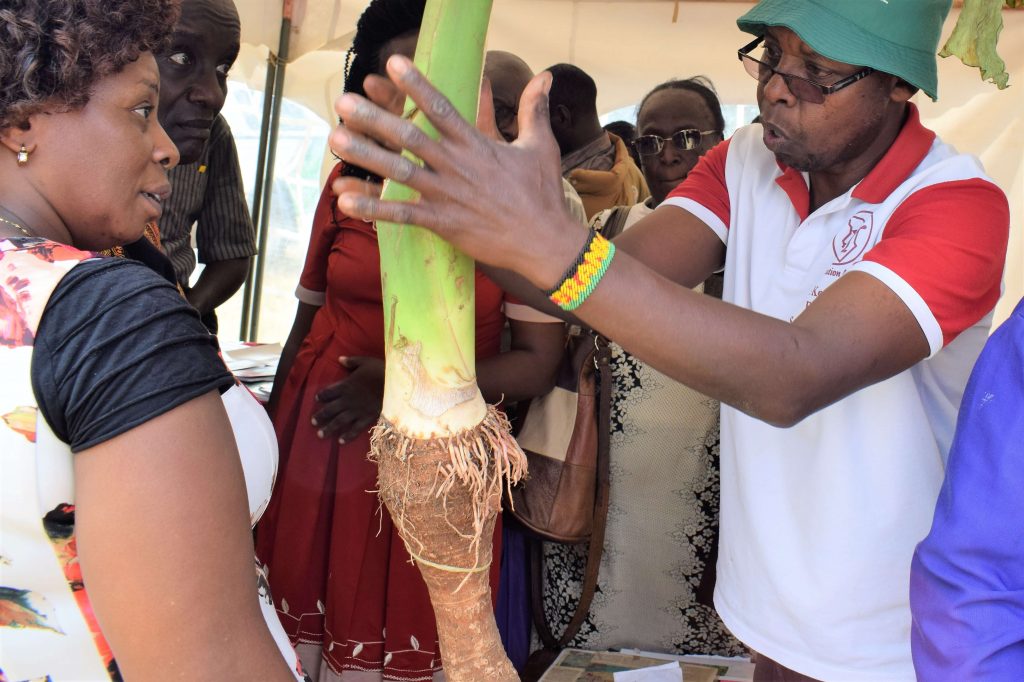
“I attended a farmers’ open day at Thika where I saw a farmer explaining about the dry land arrow root, Dasheen variety which originally came from Rwanda. What interested me is the fact that you don’t have to plant it where there is water like other varieties. In areas where there is rain shortage it does well too meaning it can help us achieve food security,” says Maathai. He established a small dry land arrow root farm from the materials he bought from the event measuring a quarter of an acre farm.
He harvested tubers weighing 5 kgs from his farm and that is when people around him started showing interest about the variety. Everybody wanted planting materials and because he didn’t have a lot, they insisted on buying. That is the moment that he realized that demand for planting materials was high than the tubers themselves and he set up a nursery to produce more planting materials.
The dry land arrow root variety is ready for harvest after six months which is an advantage over other varieties which take up to nine months. It also produces s long tubers measuring up to 70 centimeters. Since it is heavy, it is popular with business people and consumers
After every two and a half months, one plant gives me ten suckers after two and a half months. I sell for Kshs. 10 each and earn Kshs. 500 from every plant after two and a half months,” says Maathai.
He says an acre has the ability of producing 3 tonnes which can earn one about Kshs. 300,000 after six months if you sell at the current price of Kshs. 100 per kilogram, you will earn. Maathai says those who buy from him go on to produce more planting materials for their shambas. The other advantage of the tuber according to him is that the more times you plant a sucker, the bigger the tuber it produces.
Maathai has since expanded his nursery to include other plants quarter acre “Since I took this as agribusiness, I managed to buy an acre of land in Nyandarua County which I plan to put under arrow roots as well as expand my suckers production initiative. The nursery earnings added to my salary makes me a happy teacher and farmer,” says the teacher.
He recommends the use of only animal manure only to plant and no chemicals or fertilizer for maximum yields. The manure is mixed with some ash to give it minerals. Mulching is then applied to maintain the soil moisture.
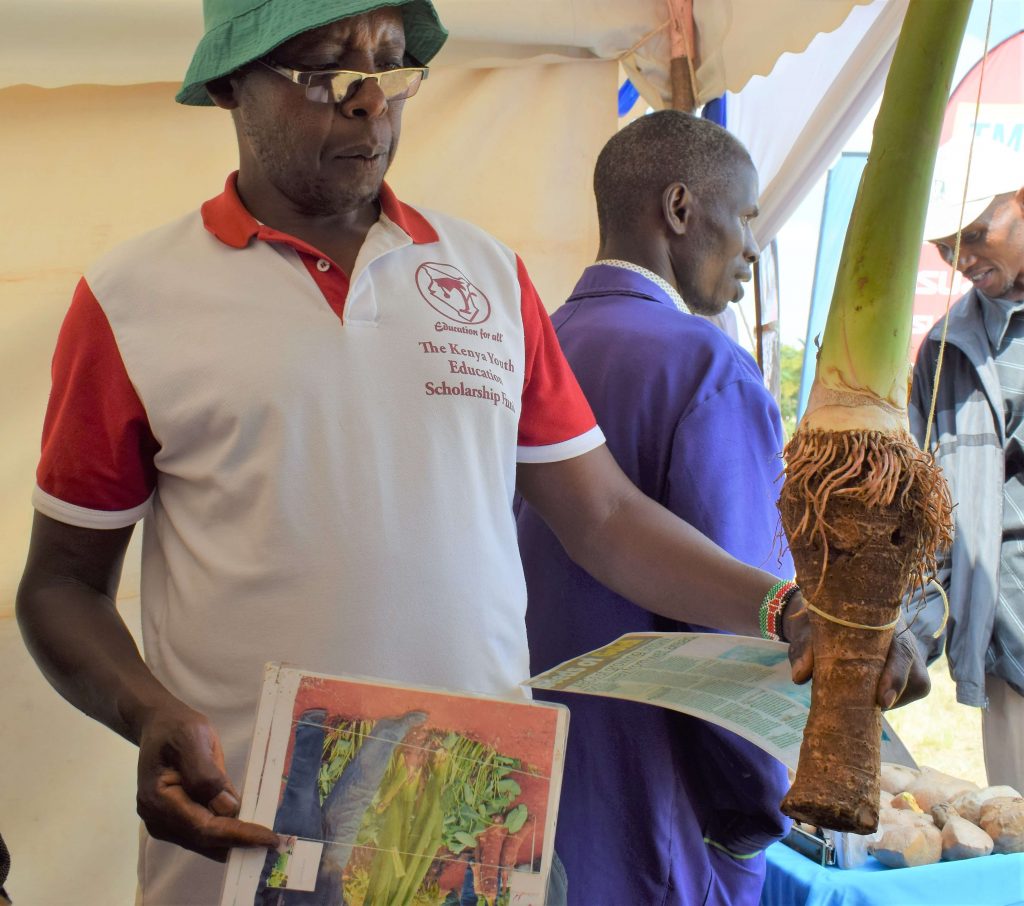
Referrals and repeat customers have ensured his expansion and his future plans include having bigger and better nurseries around the country. He also looks forward to get a bigger land. His final word? “I urge the youth to enter into agribusiness. Visit supermarkets today and you will realize the food section is getting bigger and we need more young farmers to enter into food production,” he says.


